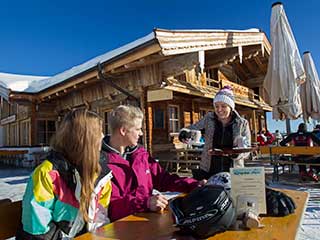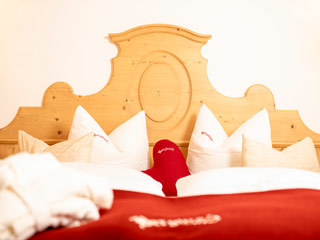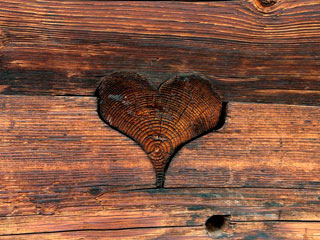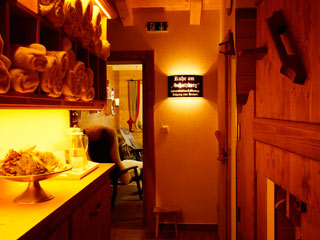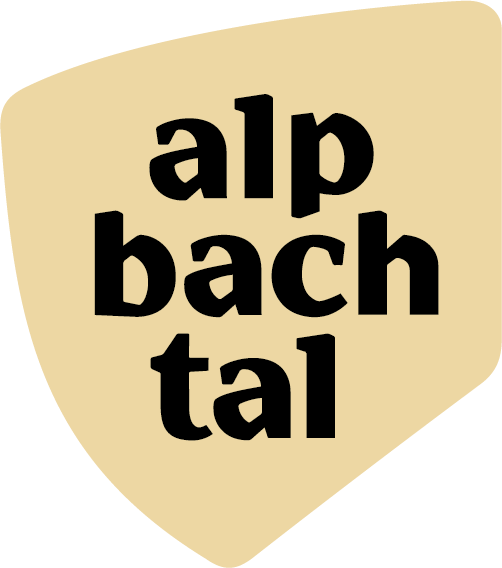The history of Alpbach
Alpbach has a population of approximately 2,300 people, with around 700 houses spread over an area of 58.63 km². With approximately 2,500 beds for visitors, the village hosts around 300,000 overnight stays per year. Mentioned for the first time in documents from 1240, the village had no road connecting it to the Inn Valley until the 1920s. This meant that it was able to maintain its long-standing heritage and customs.
However, the discovery of a bronze axe dating back to the middle Bronze Age (1600-1250 B.C.) points to an even earlier inhabitancy of Alpbach. Approximately 22 farms are inherited estates (“Erbhof”) in Alpbach, which means that each of them has belonged to the same family for at least 200 years.
The farms were passed down mainly through the male family line, however a state law enacted in 1957 implicitly recognized female inheritance. Mining reached its peak in the 15th century.
Copper, but also silver, was mined primarily in the mining galleries around Gratlspitze Mountain. The oldest information passed down through the generations about mining in Alpbach can be found in court documents from 1416. The Fugger family from Augsburg was a mercantile family, and in addition to mining in Kitzbühel and Schwaz, also took over the mining in Alpbach. The mining court and the Fugger administration were located at today’s Hotel Böglerhof and the tavern run by Guesthouse Jakober.
Tourists have come to Alpbach since the 1930s. While tourism is the mainstay of the locals (2,300 residents), there are still 105 working farms, the same number as there was 100 years ago. Even as far back as 1938, Alpbach had 110 beds for guests. Today, there are approximately 2,500 beds with around 22,000 guests in both the summer and winter.
Alpbach is a well-known winter sport location, as well as a favourite place to enjoy the summer.
As the annual home to the European Forum, Alpbach has earned an international reputation. Alpbach has hosted the European Forum Alpbach since 1945. For two weeks in August, the village becomes the annual meeting place for leaders from politics, business, science and culture. Due to the forum and its formative personalities, Alpbach is also known as the “village of thinkers”. The first congress house was built in the mid-1950s and was named after the poet Paula von Preradovic, lyricist of the Austrian national anthem. The assembly hall was named after the physicist and Nobel laureate Prof. Erwin Schrödinger, who is buried in the Alpbach cemetery.










